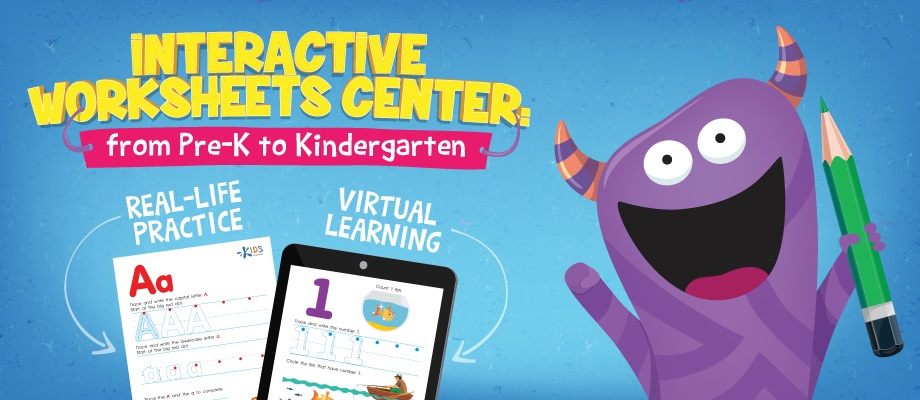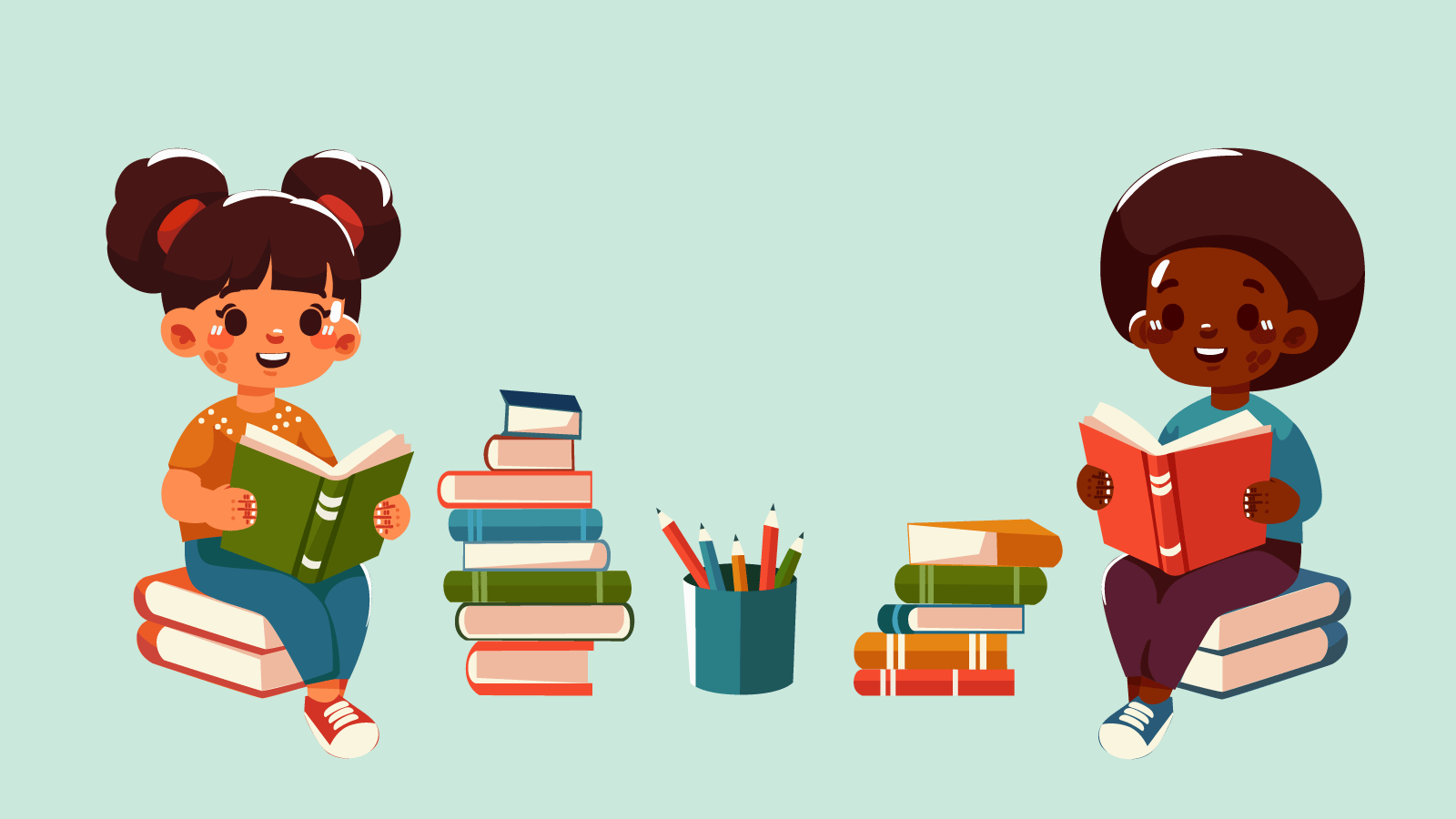Normal Logical Thinking worksheets activities for Ages 3-8
57 filtered results
-
From - To
Explore our engaging array of Normal Logical Thinking worksheets designed specifically for children aged 3-8! These fun activities enhance critical reasoning and problem-solving skills, laying the foundation for academic success. Each worksheet is thoughtfully crafted, featuring vibrant illustrations and age-appropriate challenges that inspire creativity and logical reasoning. Kids will love sorting objects, recognizing patterns, and completing puzzles—all while sharpening their minds in a playful context. Perfect for home or classroom use, our worksheets cater to early learners and help cultivate essential cognitive abilities. Dive into the world of logical thinking and watch your child flourish!
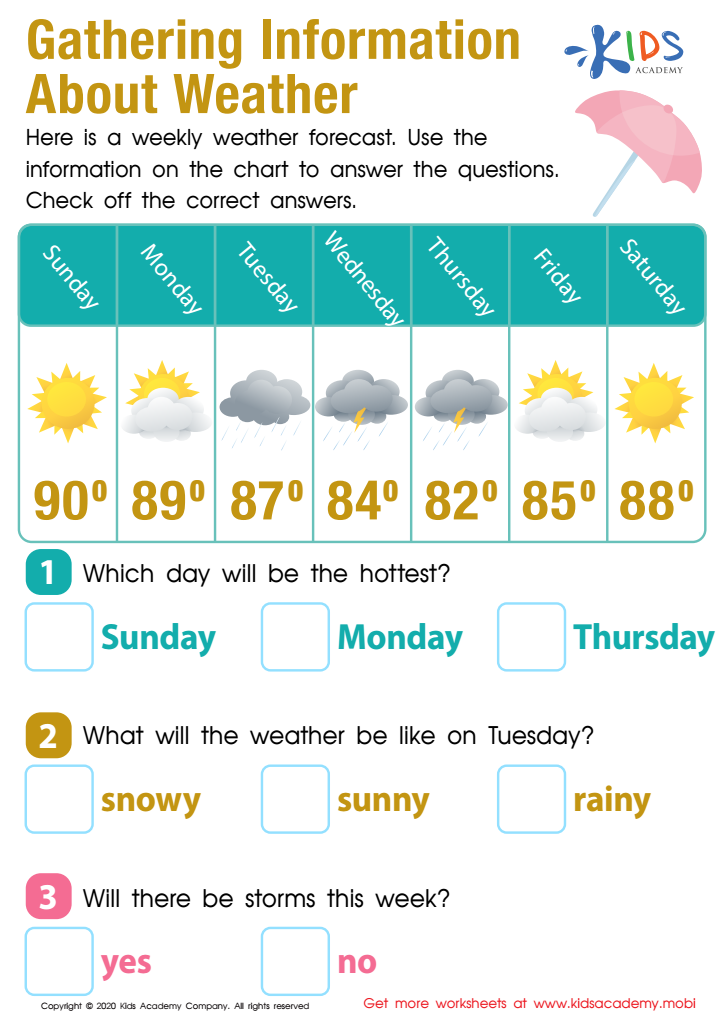

Gathering Information About the Weather Worksheet
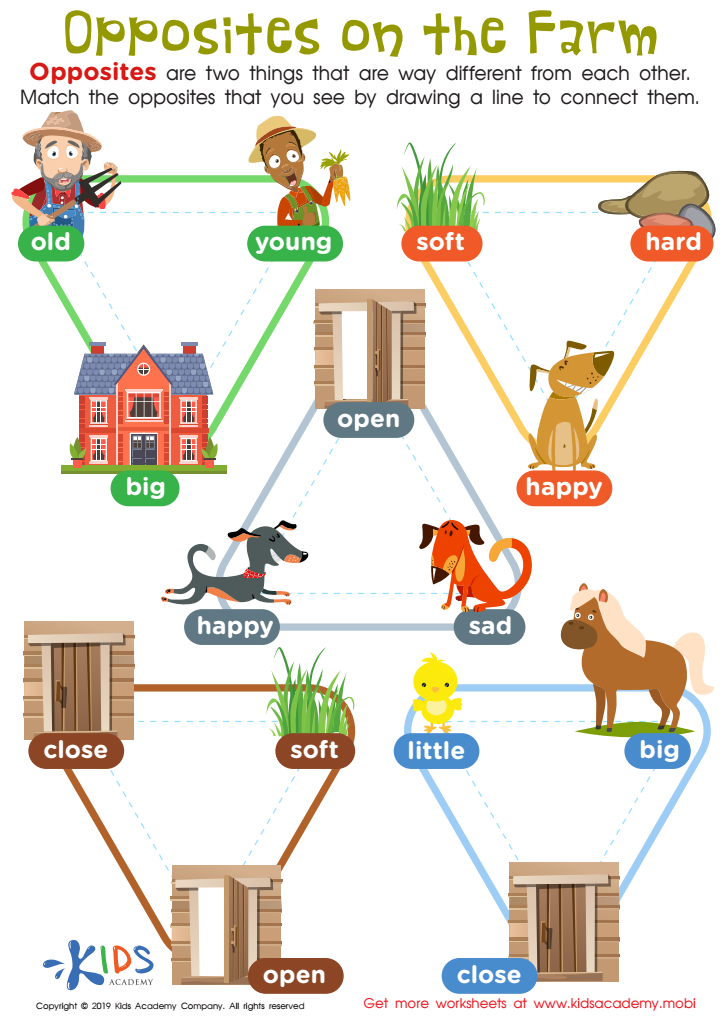

Opposites on the Farm Worksheet
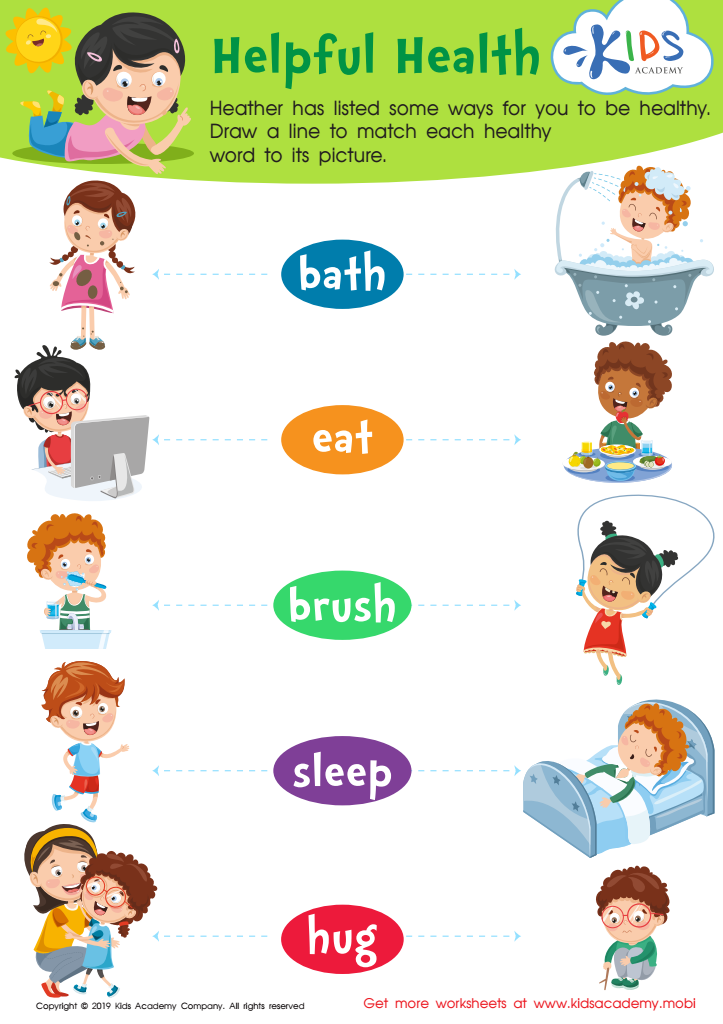

Helpful Health Worksheet


The 5 Sense Scientist Worksheet


Frog Countdown Worksheet
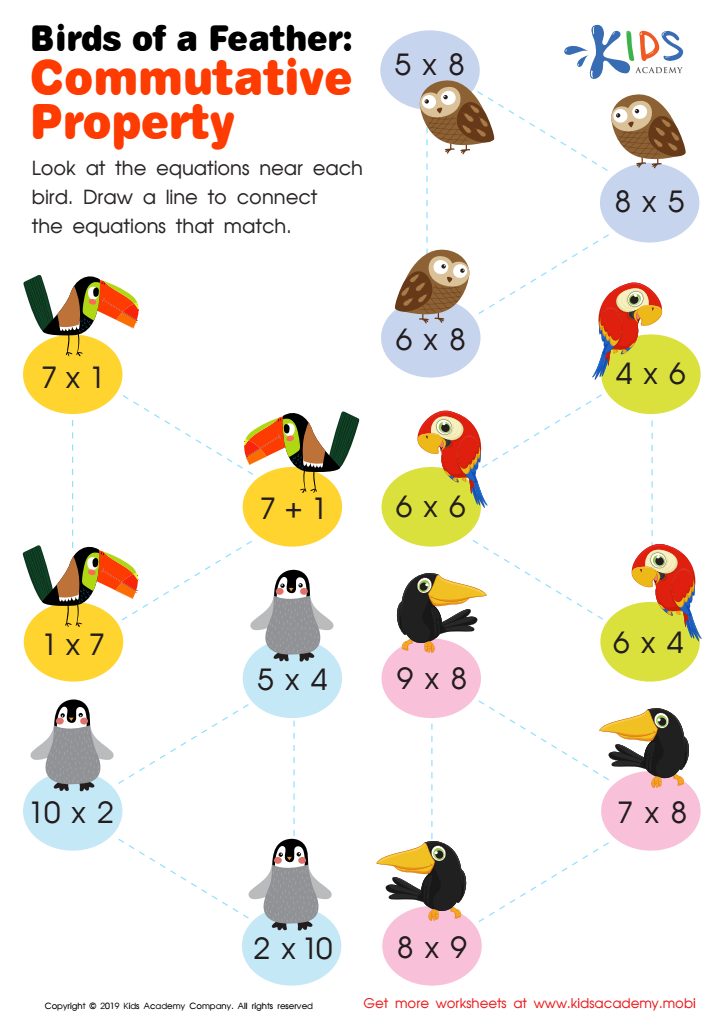

Birds of a Feather: Commutative Property Worksheet
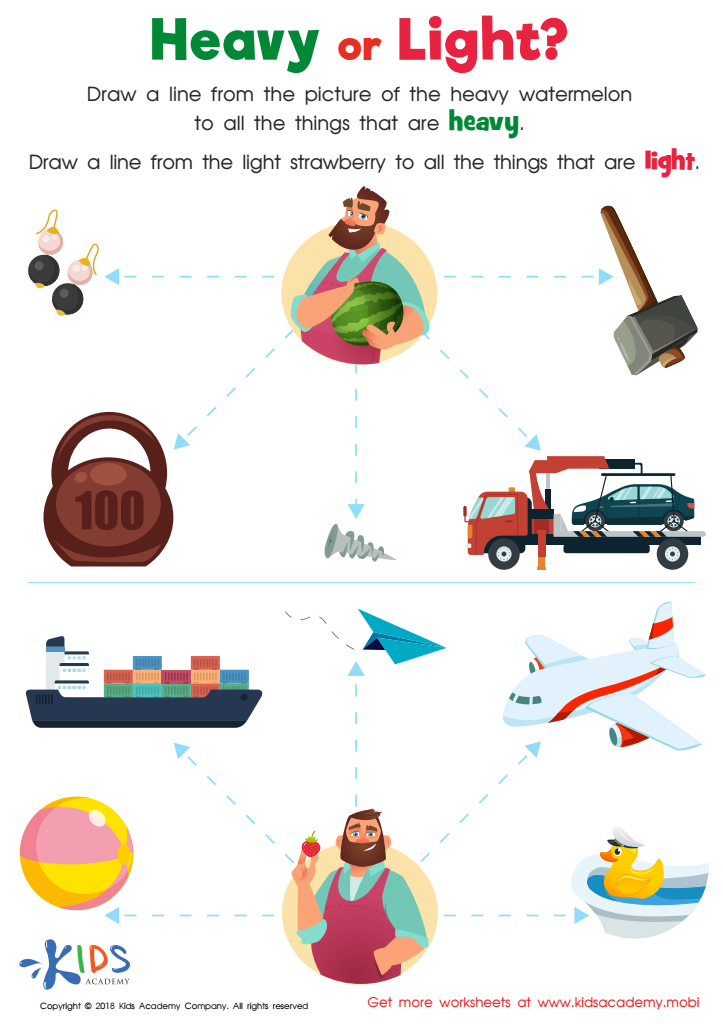

Heavy or Light? Worksheet


Sort and Count to the Moon Worksheet
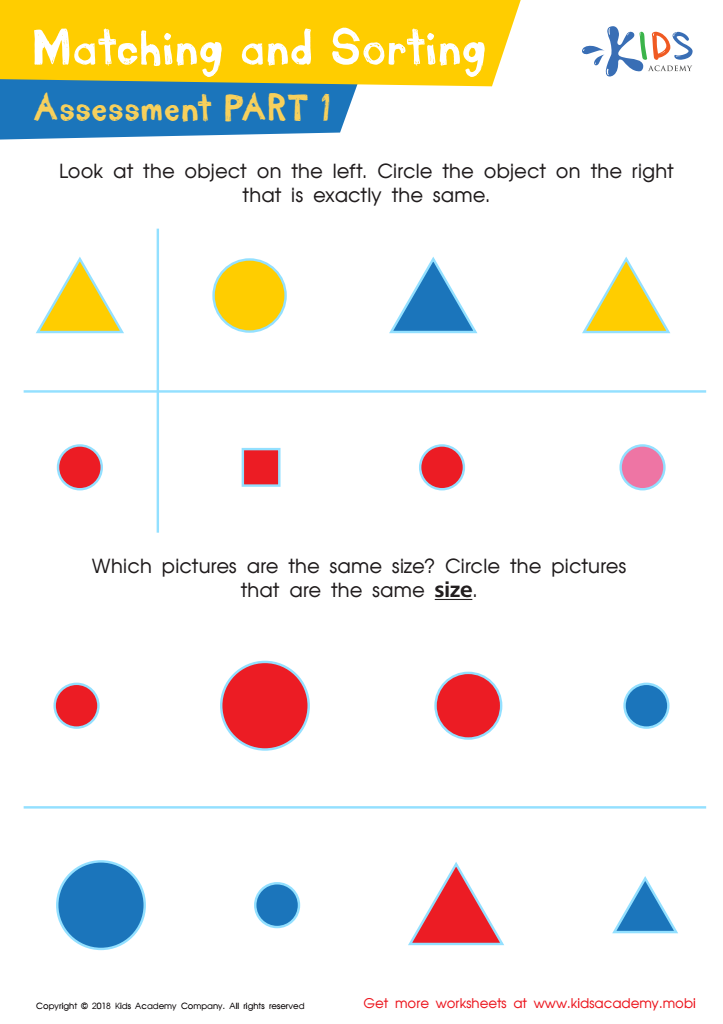

Matching and Sorting for Kindergarten: Assessment 1 Worksheet
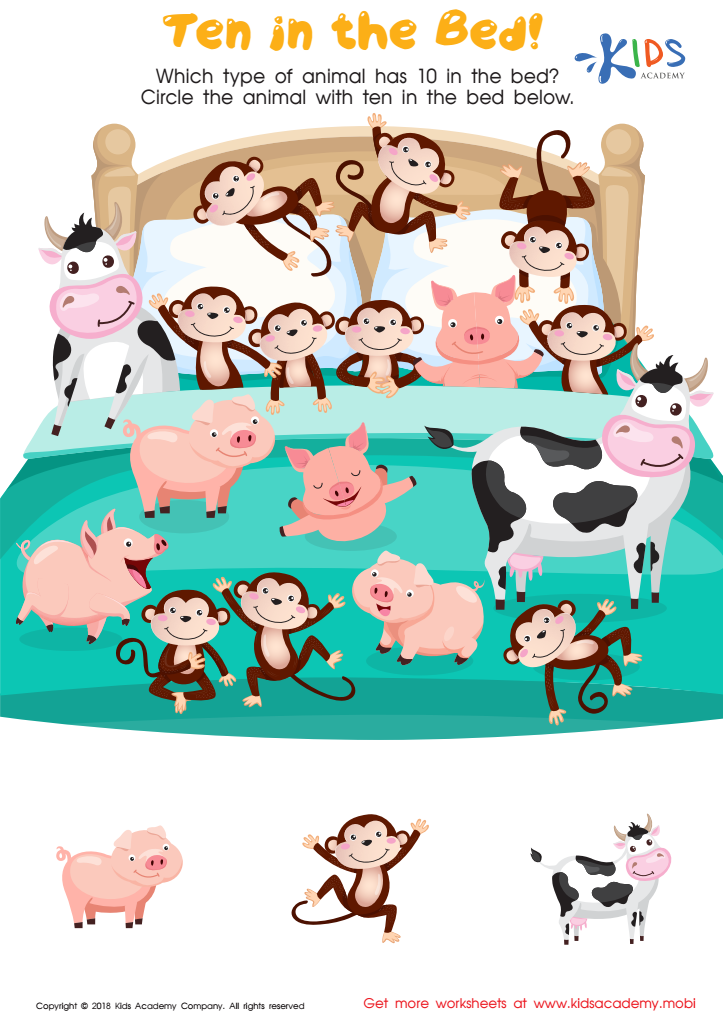

Ten in the Bed Worksheet
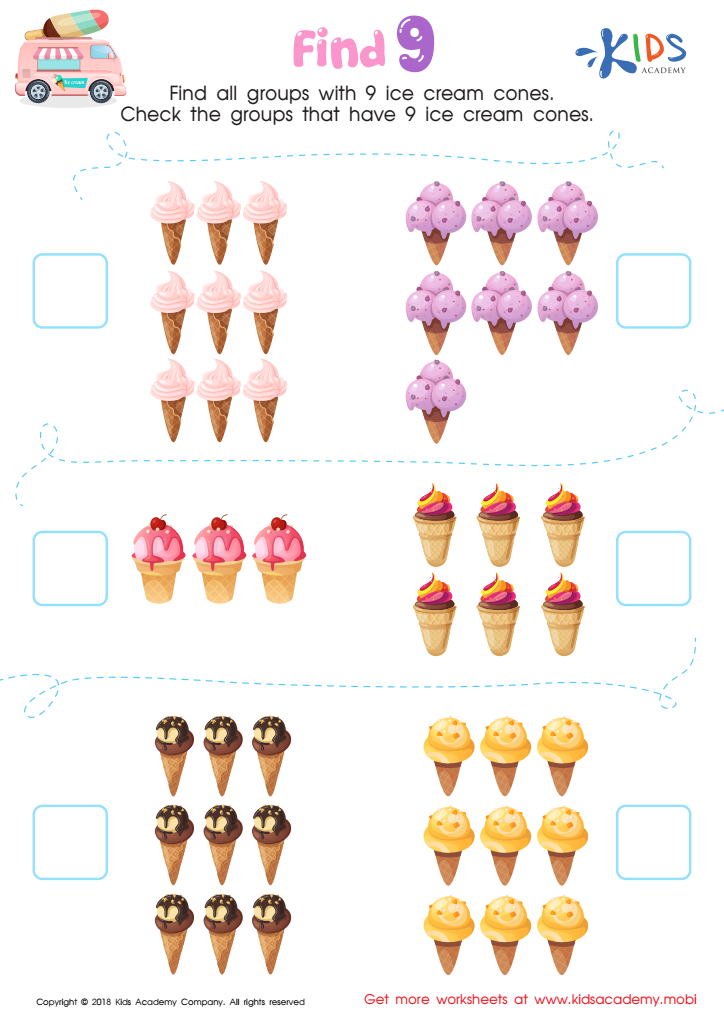

Find 9 Worksheet
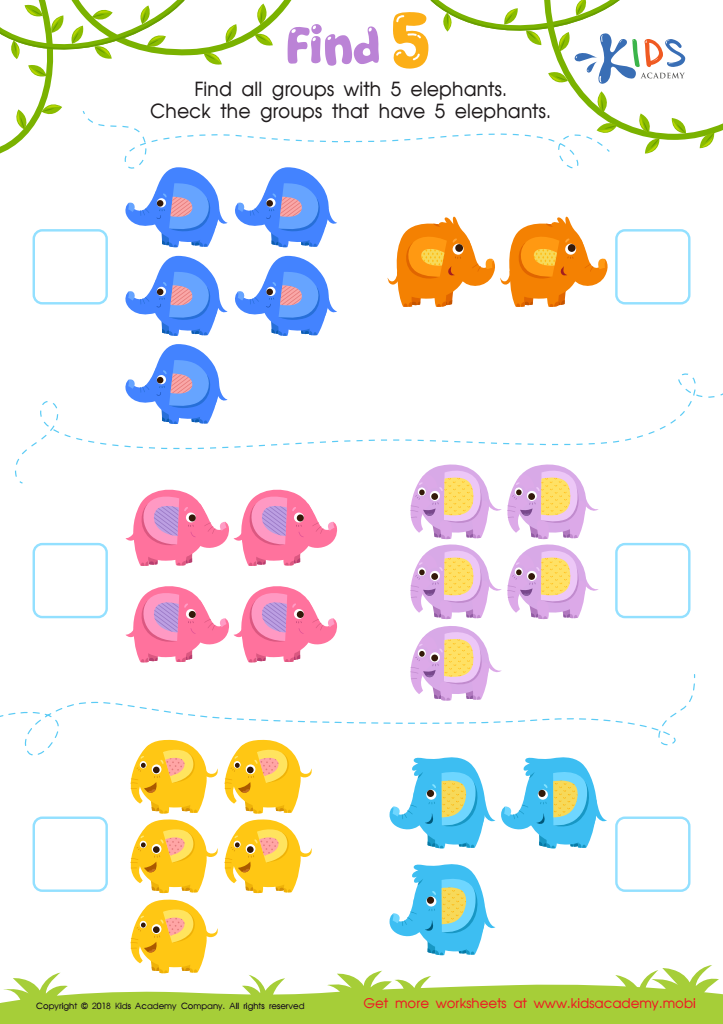

Find 5 Worksheet
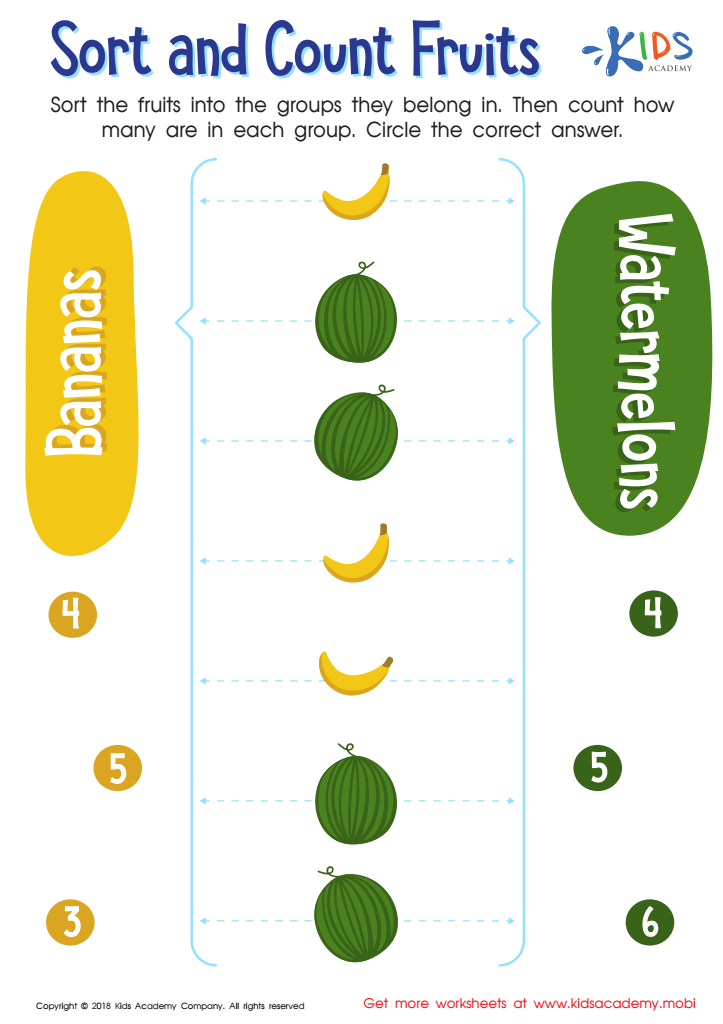

Sort and Count Fruits Worksheet
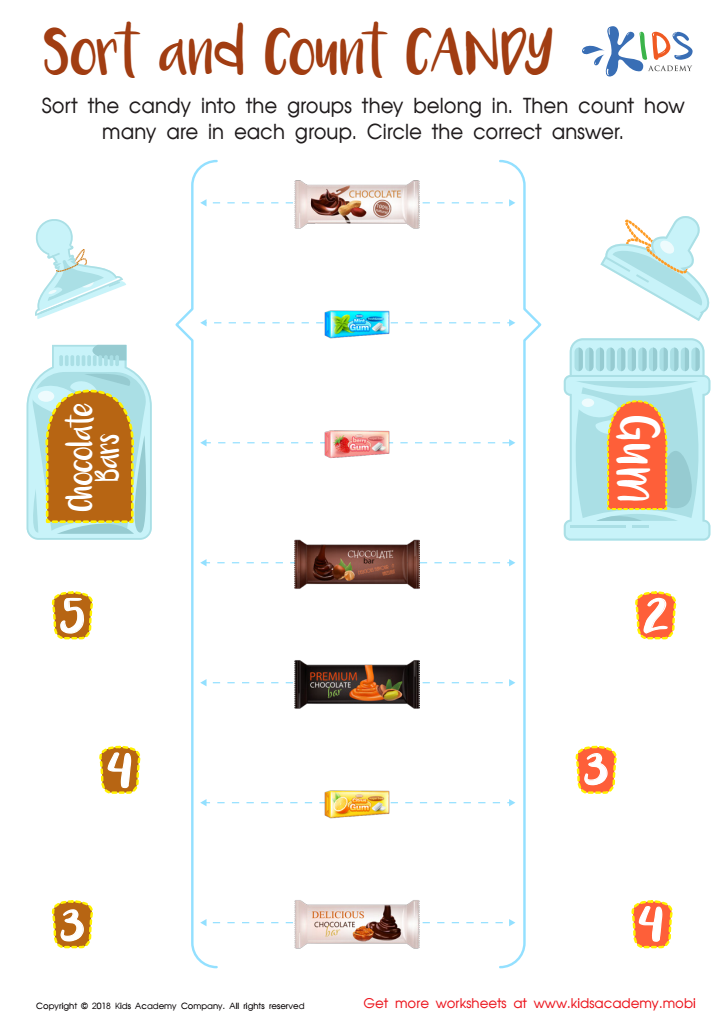

Sort and Count Candy Worksheet
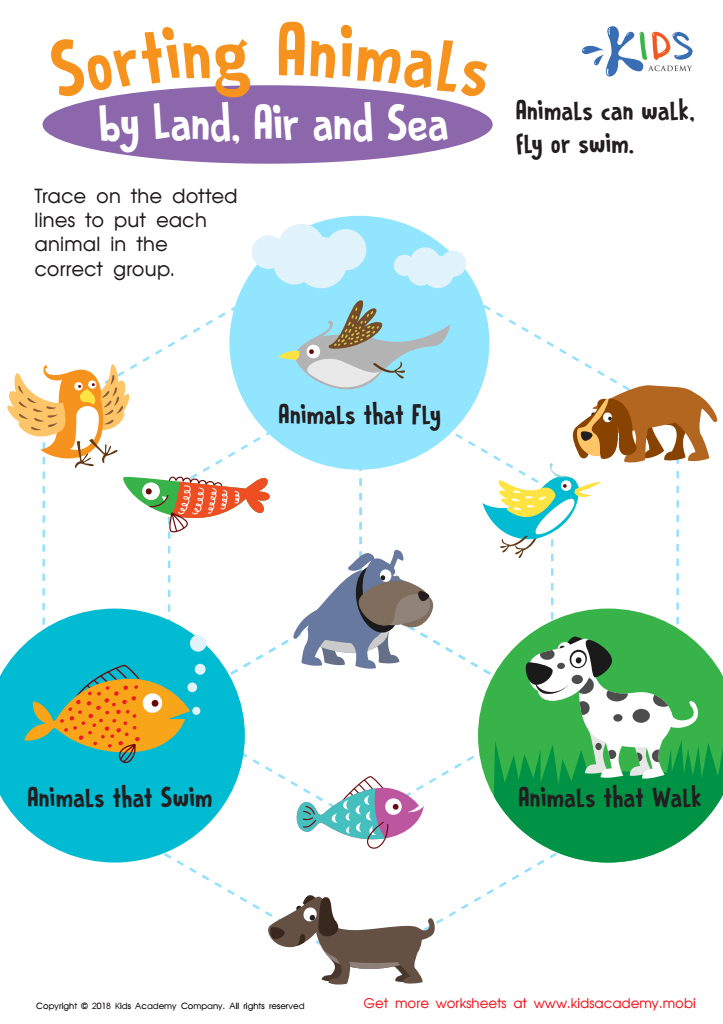

Sorting Animals by Land, Air and Sea Worksheet
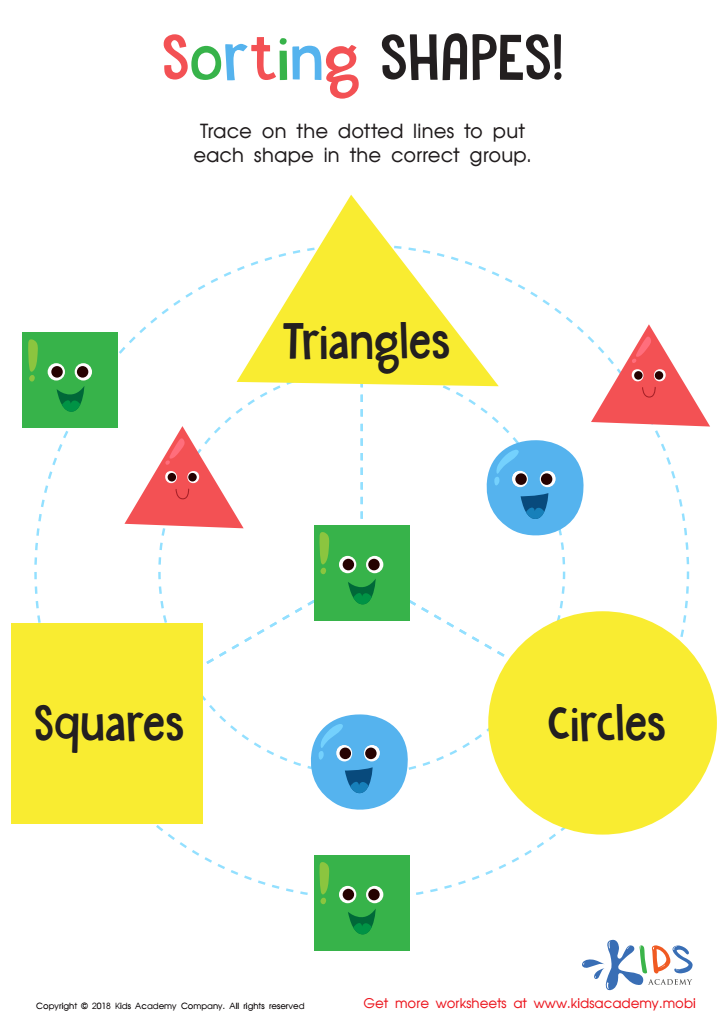

Sorting Shapes - Part 3 Worksheet


Sorting Animals in 3 Groups Worksheet
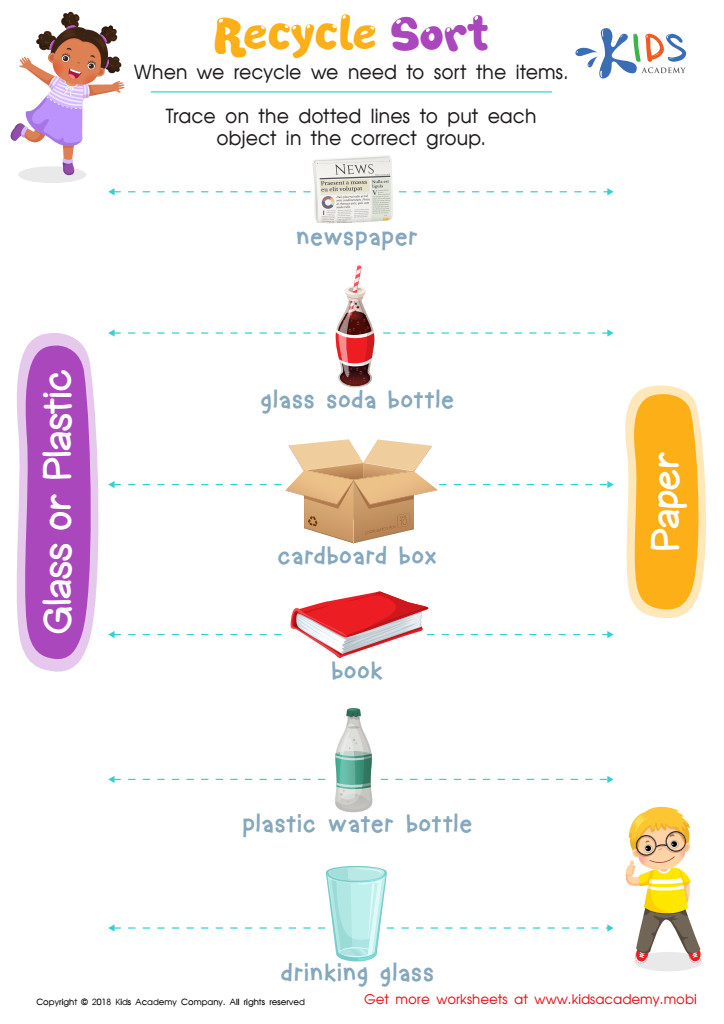

Recycle Sort Worksheet
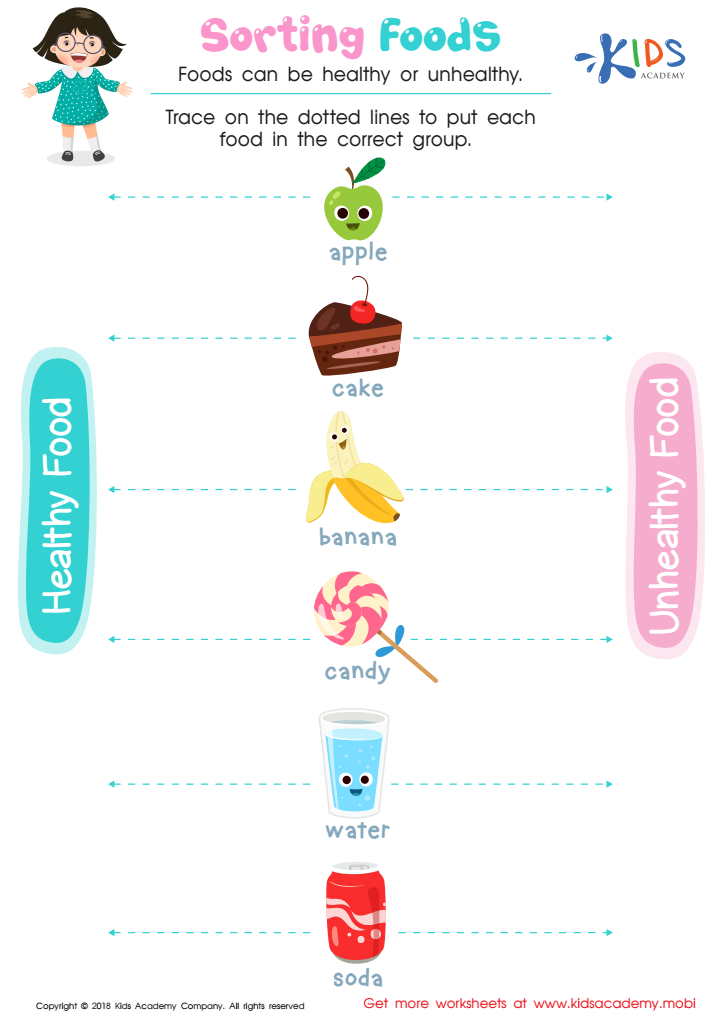

Sorting Food Worksheet
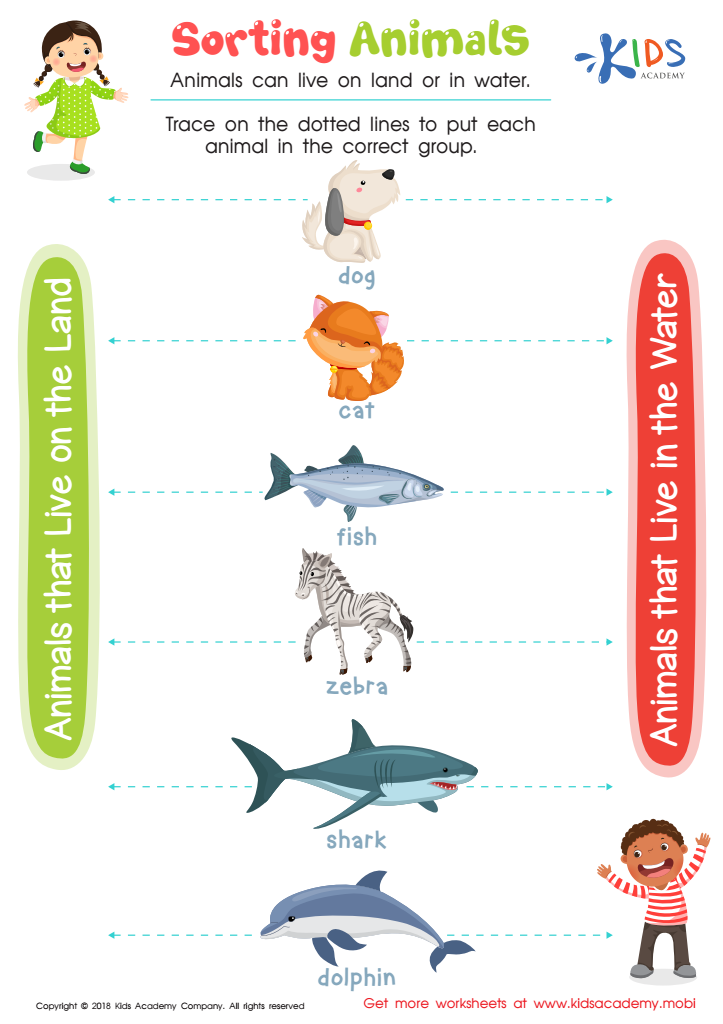

Sorting Animals Worksheet
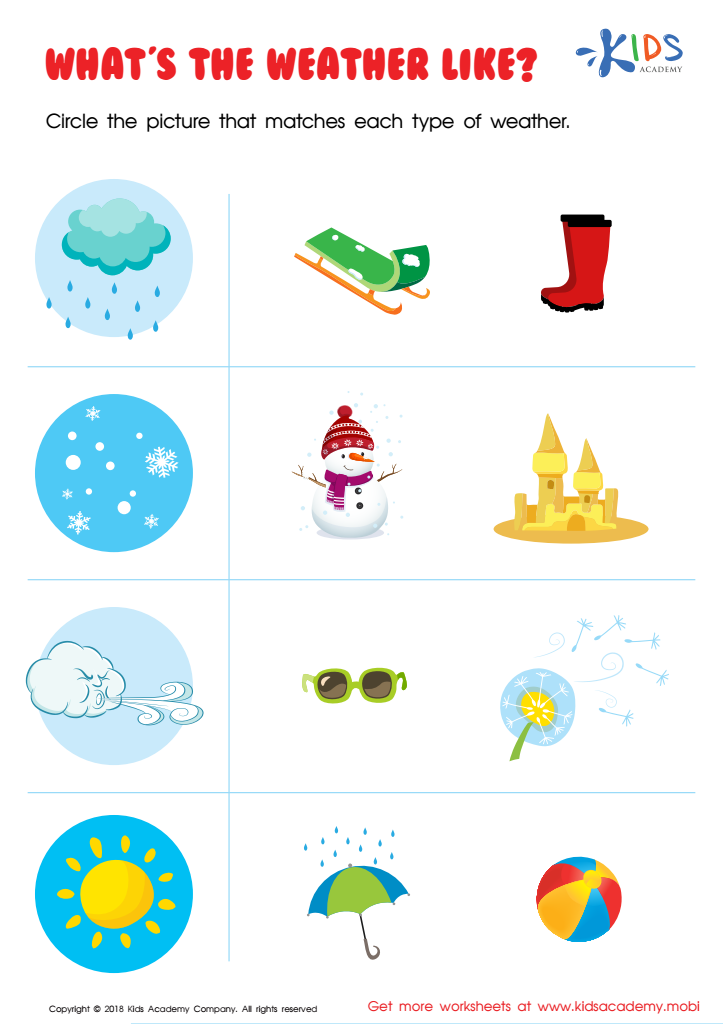

What's the Weather Like? Worksheet
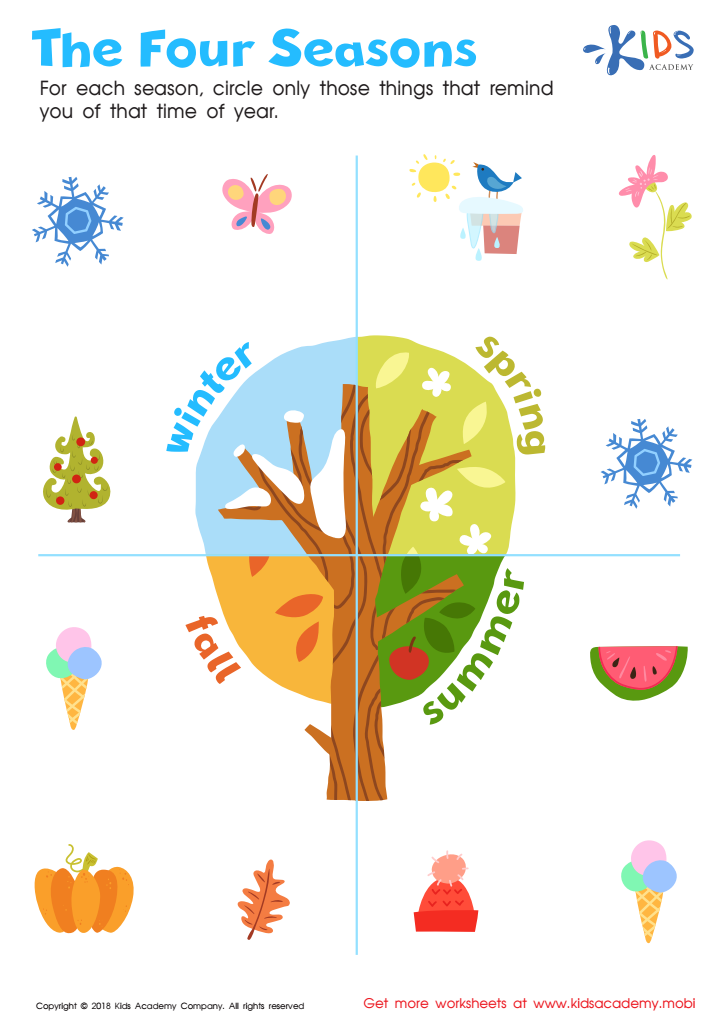

The Four Seasons Worksheet
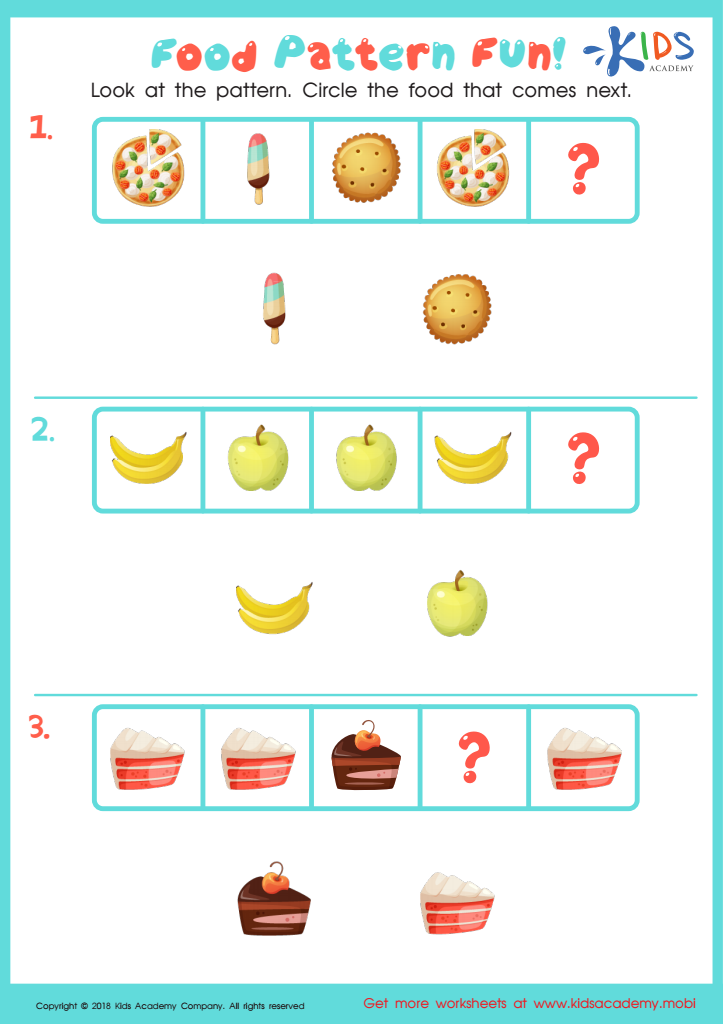

Food Pattern Fun Worksheet
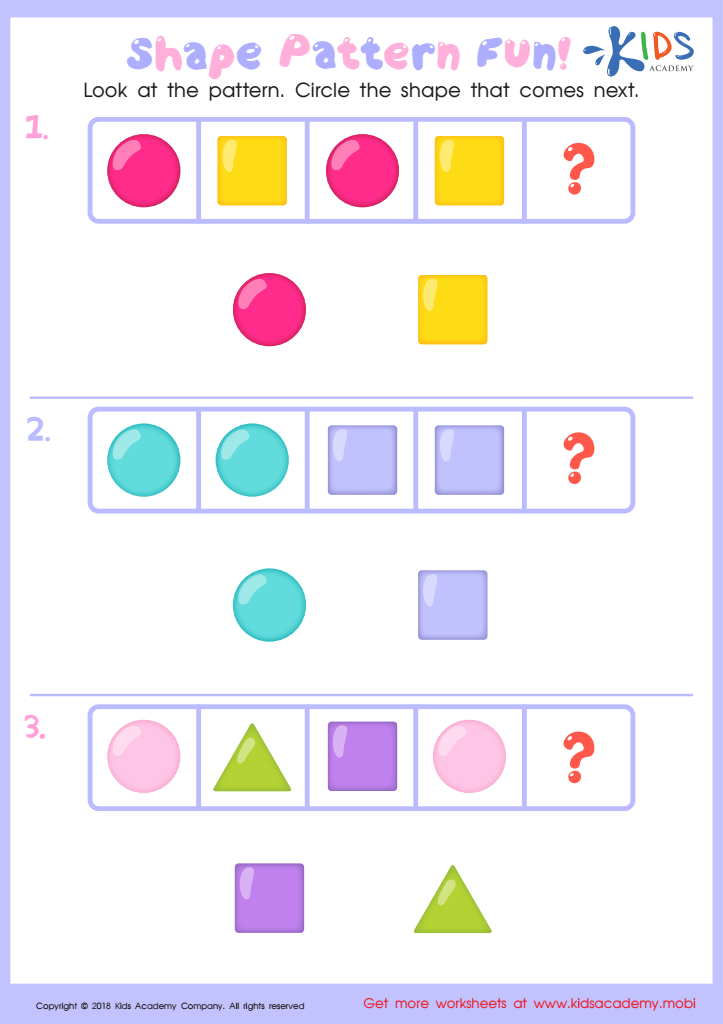

Shape Pattern Fun Worksheet
Normal Logical Thinking activities, designed for children aged 3-8, are essential for developing foundational cognitive skills. At this stage, children are naturally curious and eager to explore the world around them. Engaging in logical thinking activities nurtures their ability to reason, make connections, and solve problems, which are critical skills for lifelong learning.
These activities promote critical thinking by encouraging children to analyze information, ask questions, and explore different solutions. For example, simple puzzles, sorting games, and pattern recognition tasks stimulate their minds and enhance their decision-making abilities. Moreover, fostering logical thinking early enhances children's literacy and numeracy, setting a solid groundwork for future academic success.
Furthermore, Normal Logical Thinking activities encourage social skills as children often work collaboratively, sharing ideas and negotiating solutions with peers. This interaction also helps them develop communication skills which are crucial for their personal and academic grow.
Ultimately, investing time in these activities helps parents and teachers develop well-rounded, independent thinkers who can confidently navigate challenges, both in school and their everyday lives. Prioritizing such enriching experiences ensures that children not only learn effectively but also find joy in learning—critical for fostering a lifelong love of knowledge.

 Assign to My Students
Assign to My Students




